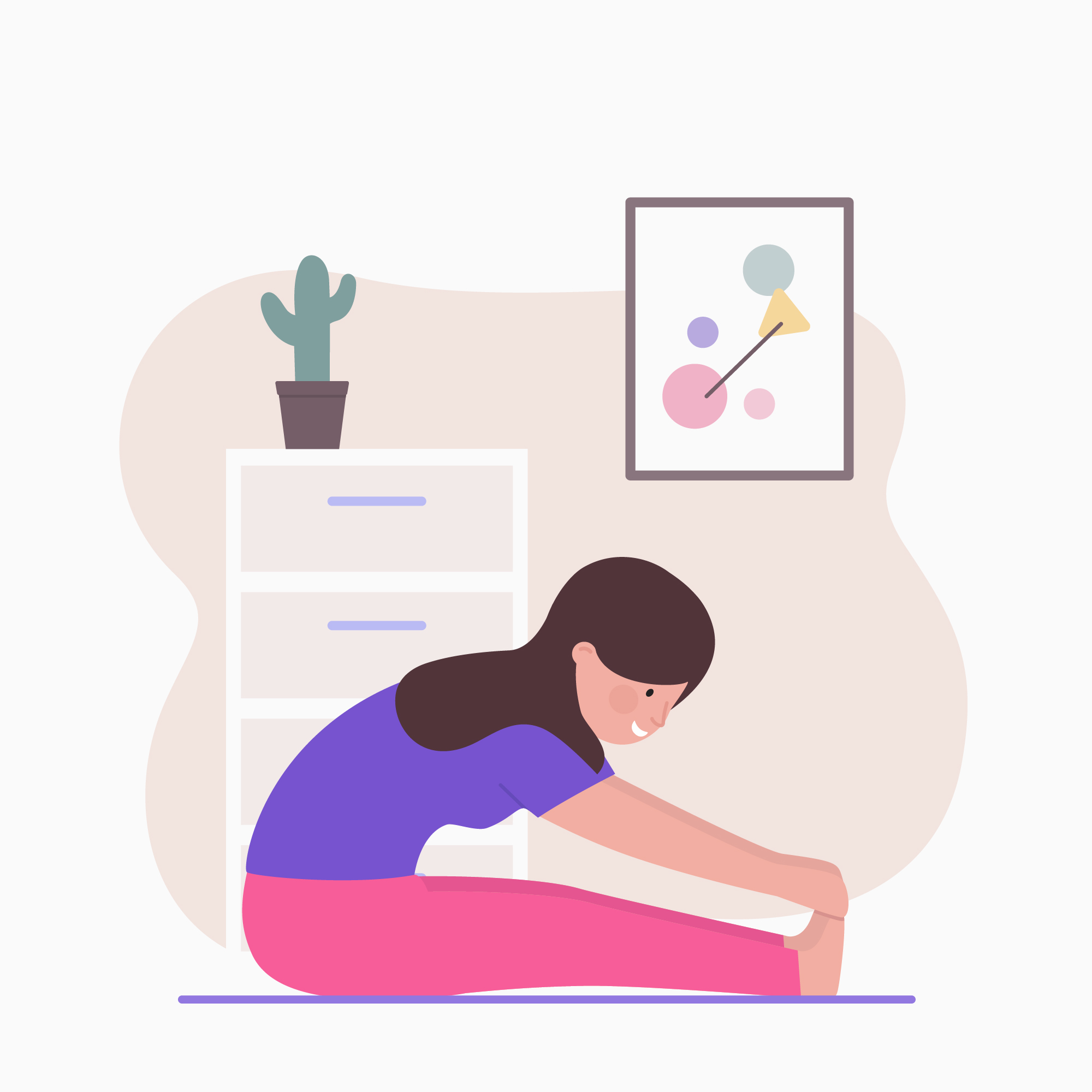
Hormonal Impact on Lifestyle Management for Slipped Disc Pain: Exercise, Ergonomics, and Weight Control
Introduction
Slipped disc pain can disrupt your life, making everyday activities challenging. While treatments can help, lifestyle changes can make a big difference. Let’s explore how hormones affect lifestyle modifications to manage slipped disc pain effectively.
What Is a Slipped Disc?
A slipped disc happens when the cushions between your spine’s bones shift out of place, pressing on nearby nerves. This causes pain. Lifestyle changes focus on muscle strength, posture, and weight to reduce this discomfort and prevent further damage.
How Hormones Influence Pain Management
Hormones play a key role in how we manage pain. They affect energy levels, metabolism, and muscle function. When hormones are imbalanced, it can be harder to follow through with healthy habits like exercising or managing weight.
3 Lifestyle Modifications for Slipped Disc Pain
- Exercise Regularly
Exercise strengthens muscles and improves flexibility, reducing pressure on the spine. Walking, swimming, and stretching are great choices. However, hormonal imbalances, like low estrogen or testosterone, can reduce energy and motivation, making exercise harder. - Practice Good Ergonomics
Proper ergonomics, such as using supportive chairs and maintaining good posture, reduce strain on the spine. Hormonal changes can affect muscle tension and joint flexibility, making it more challenging to maintain ergonomic positions. - Maintain a Healthy Weight
Keeping a healthy weight reduces pressure on the spine. A balanced diet and portion control help with weight management. However, hormonal issues like insulin resistance or thyroid imbalances can make weight control more difficult.
Conclusion
Managing slipped disc pain is easier when we combine lifestyle changes with hormone balance. Exercise, ergonomics, and weight management are all key strategies. Consulting a healthcare professional will help you create a personalized plan to address these factors and reduce pain.
To seek medical advice, always consult a Doctor. Here are our recommended experts. Click Here
To read more on Slipped disc. Click Here


